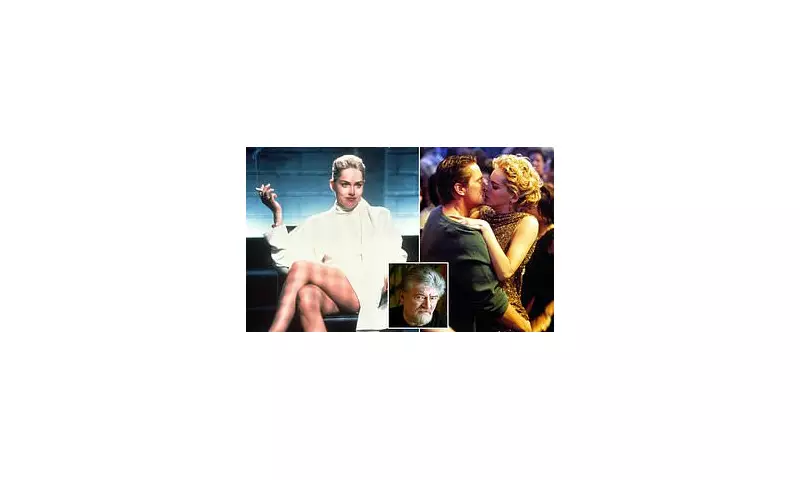
The incendiary writer behind one of cinema's most iconic thrillers has broken his silence, and he is not holding back. Joe Eszterhas, the mastermind who penned the original Basic Instinct, has publicly eviscerated plans for a contemporary reboot of the film, dismissing it as a misguided and cynical 'anti-woke' enterprise.
A Scathing Open Letter
Eszterhas's fury was unleashed in a blistering open letter obtained by DailyMail.com. He revealed he was first approached about the project by a producer who bizarrely framed the new film as an 'anti-woke' take, seemingly aiming to strip away the very elements that made the 1992 original a cultural landmark.
'Basic Instinct was a truly feminist film,' Eszterhas declared, passionately defending his work. He argued that the character of Catherine Tramell, immortalised by Sharon Stone's career-defining performance, was a powerful, intelligent, and sexually liberated woman who subverted the typical 'femme fatale' trope by being unapologetically in control.
Defending a Feminist Legacy
The screenwriter's defence centres on the belief that the proposed reboot fundamentally misunderstands its source material. The original film's notorious interrogation scene, far from being simple titillation, was a deliberate power play where the female character turned the male gaze back on itself, leaving the male detectives exposed and vulnerable.
Eszterhas believes the new producers see this complexity as something to be 'corrected' rather than celebrated. His letter suggests their vision would reduce a nuanced character to a one-dimensional villainess, thereby undoing the film's progressive undertones for the sake of a cheap political point.
A Direct Plea to Sharon Stone
In his impassioned missive, Eszterhas made a direct appeal to the film's star, Sharon Stone, urging her not to reprise her legendary role. He expressed confidence that she would see the reboot for what he believes it is: a creatively bankrupt endeavour that could never hope to capture the lightning-in-a-bottle magic of the original.
The project now finds itself in a public relations nightmare, condemned by the very man who created it. Eszterhas's powerful rebuttal poses a serious question to Hollywood: in the rush to capitalise on nostalgia, are studios mistakenly conflating strong, complex female characters with a 'woke' agenda, and in doing so, betraying the original art?





